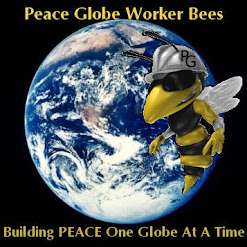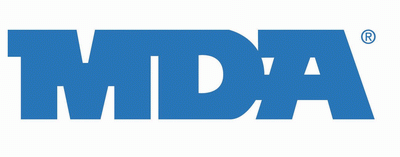I can't know
Posted: Thursday, February 04, 2010 by Travis Cody inA passage from the book With the Old Breed, a memoir by World War II Marine E.B. Sledge.
As the fiendish whistle grew louder, my teeth ground against each other, my heart pounded, my mouth dried, my eyes narrowed, sweat poured over me, my breath came in short irregular gasps, and I was afraid to swallow lest I choke....
Under certain conditions of range and terrain, I could hear the shell approaching from a considerable distance, thus prolonging the suspense into seemingly unending torture. At the instant the voice of the shell grew the loudest, it terminated in a flash and a deafening explosion similar to the crash of a loud clap of thunder. The ground shook and the concussion hurt my ears. Shell fragments tore the air apart as they rushed out, whirring and ripping. Rocks and dirt clattered onto the deck as smoke of the exploded shell dissipated.
To be under a barrage or prolonged shelling simply magnified all the terrible physical and emotional effects of one shell. To me, artillery was an invention of hell. The onrushing whistle and scream of the big steel package of destruction was the pinnacle of violent fury and the embodiment of pent-up evil. It was the essence of violence and of man's inhumanity to man. I developed a passionate hatred for shells. To be killed by a bullet seemed so clean and surgical. But shells would not only tear and rip the body, they tortured one's mind almost beyond the brink of sanity. After each shell I was wrung out, limp and exhausted.
During prolonged shelling, I often had to restrain myself and fight back a wild, inexorable urge to scream, to sob, and to cry. As Peleliu dragged on, I feared that if I ever lost control of myself under shell fire my mind would be shattered. I hated shells as much for their damage to the mind as to the body. To be under heavy shell fire was to me by far the most terrifying of combat experiences. Each time it left me feeling more forlorn and helpless, more fatalistic, and with less confidence that I could escape the dreadful law of averages that inexorably reduced our numbers. Fear is many-faceted and has many subtle nuances, but the terror and desperation endured under heavy shelling are by far the most unbearable.
That's how Mr Sledge describes sitting in a prepared position on Peleliu, on the front line enduring nighttime artillery fire.
No matter how many books I read or historical documentaries I watch, I'll never know what that's like. That's a good thing, not to have that nightmare.
I will be deeply and forever grateful to the men and woman who did endure experiences like that.

With the Old Breed: At Peleliu and Okinawa, published by Ballantine Books, 1981, Presidio Press Trade Paperback, 2007.
Eugene Bondurant Sledge (4 Nov 1923 - 3 Mar 2001), Corporal, US Marines, K Company, 3rd Battalion, 5th Marines.
This book, along with a book called Helmet for My Pillow by Robert Leckie, is the basis for a new series from HBO called The Pacific. The series is from the producers of Band of Brothers and is scheduled to premier in March 2010.

















Trav, my supervisor's dad served on Peleliu. He is still alive. I sent her the info about the book you are reading. I know what you mean about being grateful.